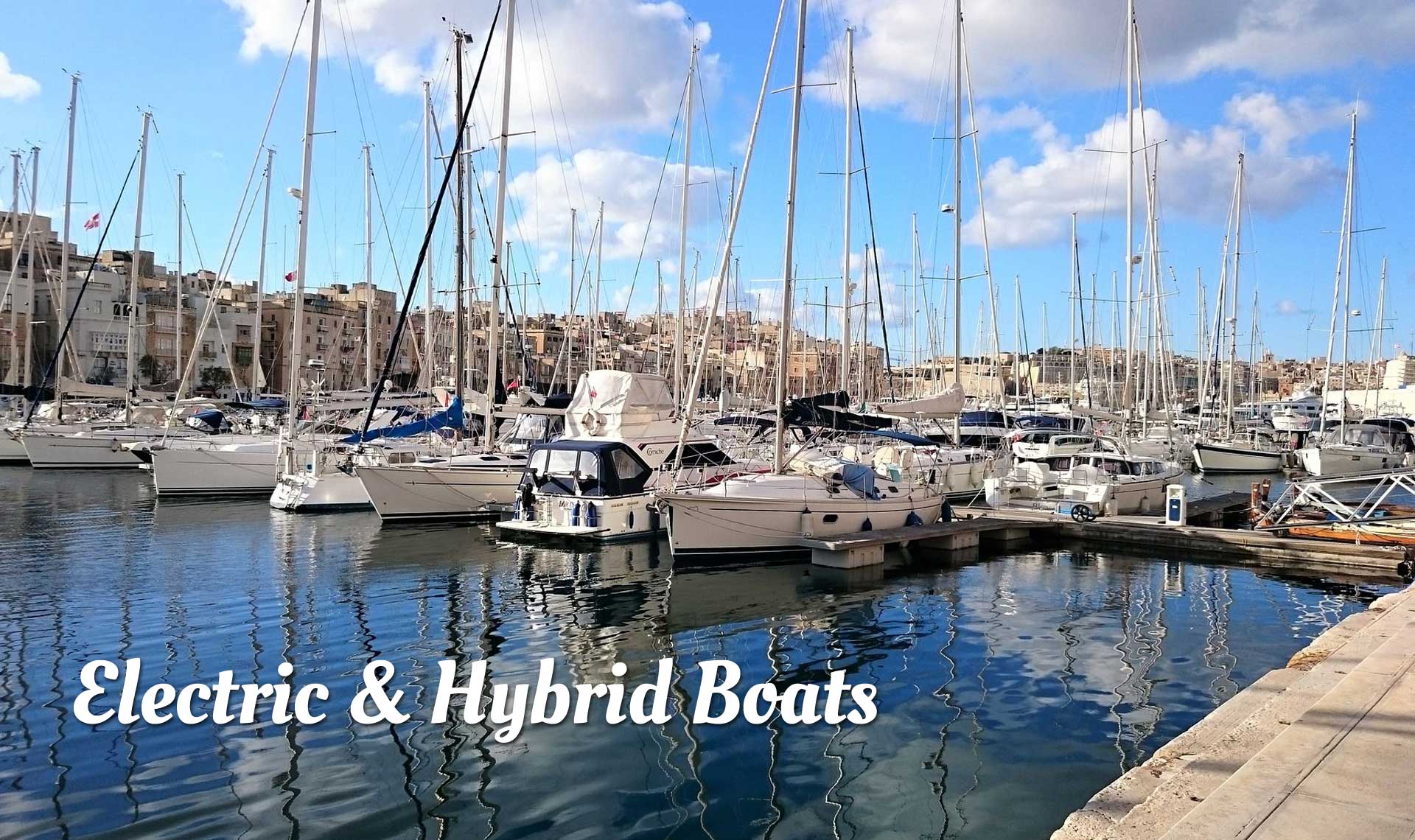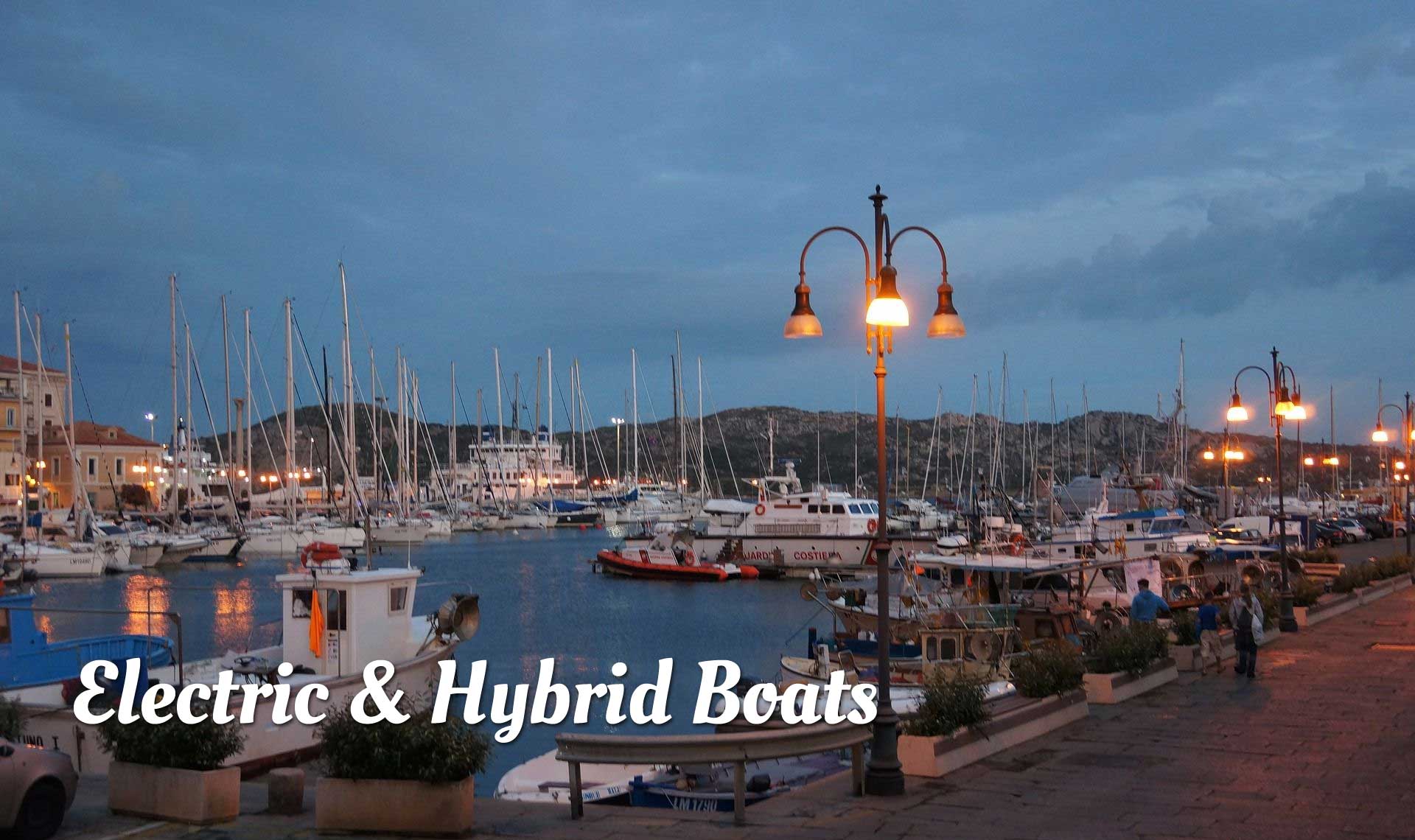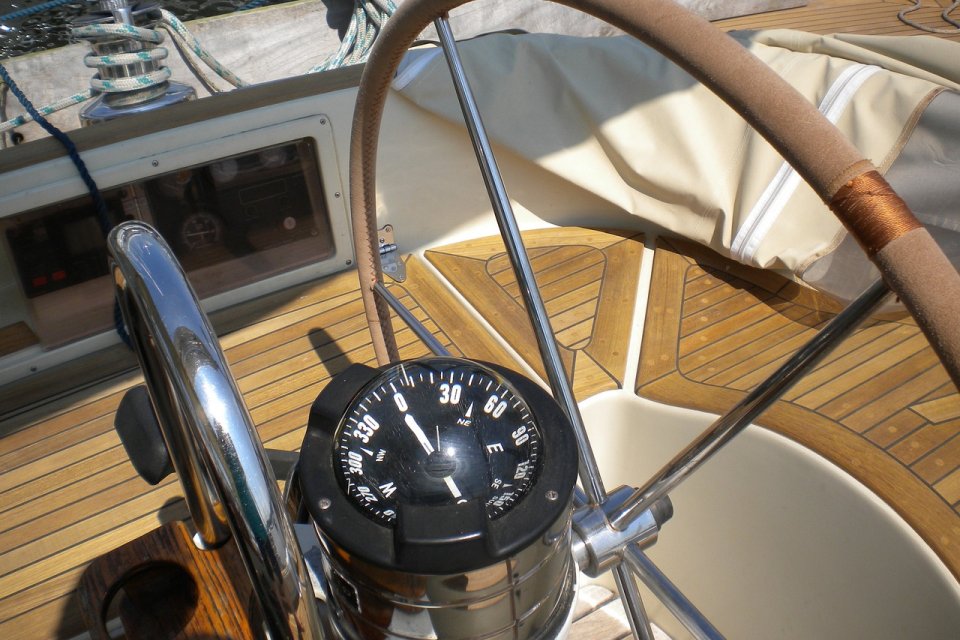Electric and Hybrid Boats are becoming increasingly popular as a more environmentally friendly and sustainable option for recreational and commercial boating, using electric or hybrid propulsion systems instead of traditional internal combustion engines.
Electric Boats
Electric boats are powered entirely by electricity, typically stored in batteries. They offer several advantages, including:
Environmental Benefits
Electric boats produce zero emissions at the point of use, reducing air and water pollution. They are quieter and have a smaller ecological footprint compared to conventional boats.
Efficiency
Electric motors are highly efficient, converting a larger portion of electrical energy into propulsion. This can result in cost savings over time, as electricity is often cheaper than fuel.
Silent Operation
Electric boats are almost silent, providing a peaceful and enjoyable boating experience. This is particularly appealing for leisure and wildlife-watching applications.
Low Maintenance
Electric propulsion systems generally have fewer moving parts, resulting in reduced maintenance and longer-lasting components.
Regeneration
Some electric boats have regenerative braking systems, which can recharge the batteries while sailing or slowing down, increasing overall efficiency.
Range Limitations
One significant drawback of electric boats is the limited range due to battery capacity. Recharging can take longer than refueling with traditional fuels.
Hybrid Boats
Hybrid boats combine electric propulsion with a conventional internal combustion engine (typically diesel). The electric system complements the conventional engine, providing several benefits:
Fuel Efficiency
The electric system can assist or replace the internal combustion engine at lower speeds, resulting in improved fuel efficiency.
Reduced Emissions
Hybrid systems can reduce emissions and fuel consumption, especially in situations where boats operate at variable speeds or frequently idle.
Increased Range
Hybrid boats have the advantage of extended range, as the internal combustion engine can generate electricity to recharge the batteries when needed.
Quiet Operation
At low speeds or when using electric-only propulsion, hybrid boats operate quietly and produce fewer vibrations.
Regeneration
Like electric boats, some hybrid systems can regenerate energy during deceleration or when sailing under certain conditions.
Complexity
Hybrid propulsion systems can be more complex and require additional maintenance compared to purely electric or traditional propulsion systems.
Hybrid boats are particularly suited to applications where a balance between environmental sustainability, fuel efficiency, and longer range is required. They are often used in commercial vessels like ferries, sightseeing boats, and workboats.
The development of electric and hybrid boat technology is ongoing, with advancements in battery technology, electric motors, and charging infrastructure. As these technologies continue to improve, electric and hybrid boats are likely to play a more prominent role in the future of marine transportation and recreational boating, offering eco-friendly and efficient alternatives to traditional boats.





